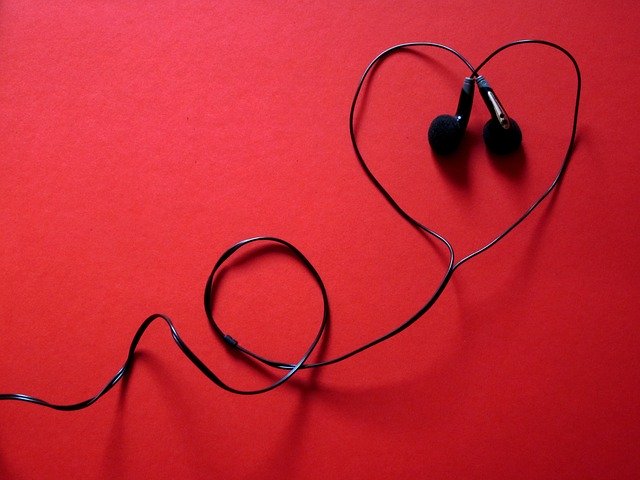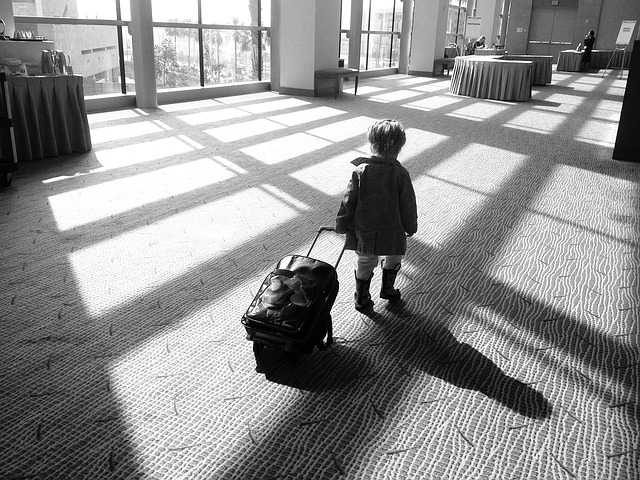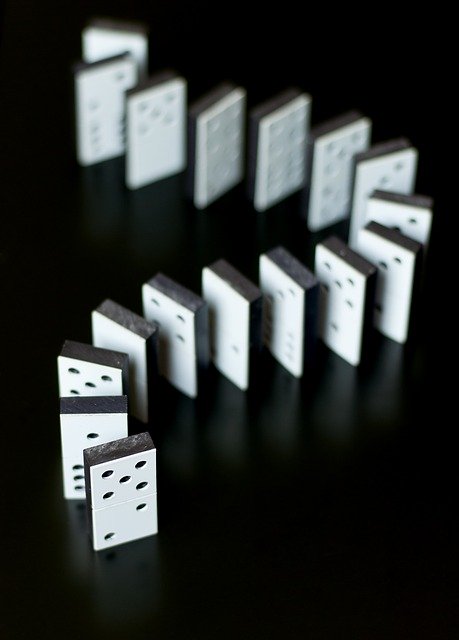41. Re-Regulating our Nervous System using our Senses
In freeing ourselves from a dysregulated nervous system, an important step is learning how to reframe our experiences and manage our triggers, reactions, and baggage. We need to do this so that we are no longer subject to learned ways of behaviour that negatively impact our lives and the relationships we have with others. The …
41. Re-Regulating our Nervous System using our Senses Read More »










